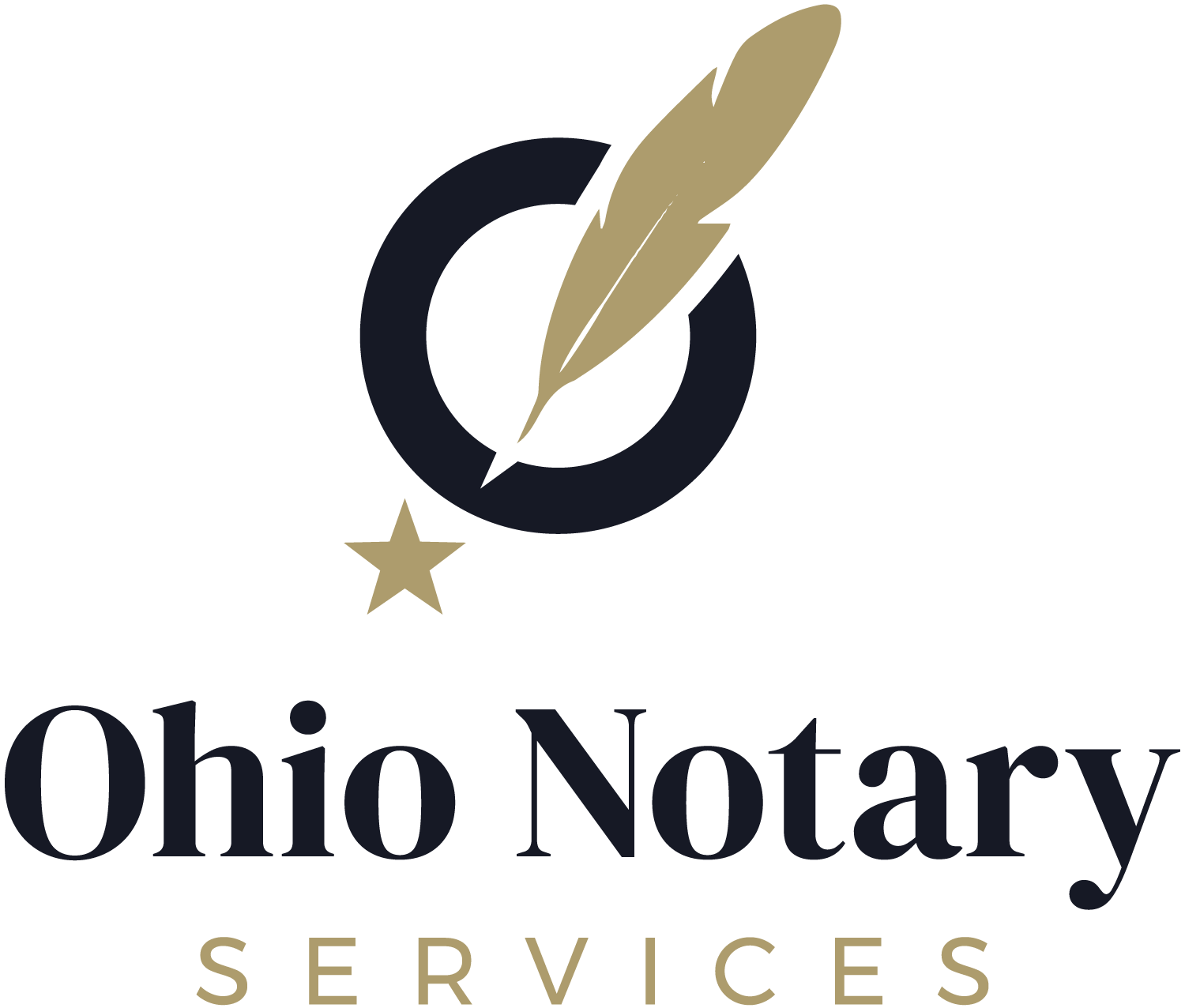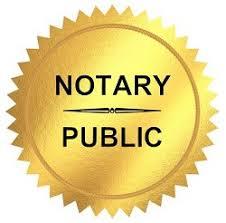Understanding Apostille: Simplifying International File Legalization
Understanding Apostille: Simplifying International File Legalization
Blog Article
Debunking Notarial Job: Streamlining the Duty and Value of Notaries
Their function, typically shrouded in enigma for numerous, lugs significant weight in guaranteeing the legitimacy and stability of vital documents. By untangling the complexities bordering notarial practices and losing light on the importance of their acts, a more clear understanding arises of the important role notaries play in maintaining the material of contractual and lawful arrangements.
The History of Notarial Job
How did notarial work develop over time to come to be an integral part of legal and business deals? The background of notarial work go back to ancient worlds, where scribes played an essential function in videotaping vital information and verifying papers. As cultures progressed, the requirement for an extra formalized system to ensure the legitimacy of agreements developed. This led to the growth of notaries, people assigned by the state to function as objective witnesses in legal matters.
Throughout the Center Ages, notaries obtained importance in Europe, with their functions increasing to consist of drafting lawful files, accrediting trademarks, and preserving documents. The rise of global trade better emphasized the importance of notarial work in validating agreements and arrangements throughout boundaries.
In the modern-day period, notaries proceed to play a crucial role in lawful and business purchases by verifying identifications, validating the authenticity of files, and protecting against fraudulence. Their function in accrediting the credibility of agreements adds a layer of safety and depend the ever-evolving landscape of business and legislation.

Duties and Duties of Notaries
The historical advancement of notarial work from old worlds to the contemporary age has shaped the unique duties and duties that notaries support in lawful and business purchases today. Notaries play an essential function in confirming the authenticity of files and the identification of signatories. One of their key duties is to witness the signing of crucial documents, such as wills, contracts, and acts, to guarantee that all celebrations are participating in contracts purposefully and willingly. Notaries also validate that signatures are of audio mind and not under duress or coercion.
They certify duplicates of initial documents, supplying assurance to organizations that the copies are true reproductions of the originals. In general, the responsibilities and responsibilities of notaries are crucial in safeguarding the honesty and legitimacy of various documents and transactions - DIRCO.
Notarial Certificates and Signatures
Exemplifying meticulous attention to detail, notarial certificates and trademarks act as vital components in verifying the authenticity of lawful files. Notarial certificates typically have vital info such as the day of registration, the names of the signatures, a description of the file, and the notary's official seal. These certificates offer a clear document of the notarial act, making certain that the paper can be next page easily determined and traced back to the notary that supervised the process.
Signatures play a pivotal duty in notarial work, as they symbolize the arrangement and approval of the parties entailed. Notaries carefully witness the signing of documents to validate the identification of the signatories and verify that they are authorizing of their own cost-free will. By fastening their official seal and trademark to the document, notaries license that the required procedures have actually been followed and that the record is valid and enforceable.
Fundamentally, notarial certificates and trademarks are the hallmark of authenticity in legal deals, providing assurance to all events involved that the documents are genuine and binding.
Relevance of Notarial Acts

Registration Process Explained
The notarization process commonly begins with the specific providing the file to a notary public. When the identification is verified, the notary ensures that the specific authorizing the document does so voluntarily and without any type of coercion.

Final Thought

Notarial certificates typically consist of critical details such as the day of registration, the names of the signatories, a description of the record, and the notary's official seal. These certifications provide a clear record of the notarial act, guaranteeing that the file can be quickly determined and mapped back to the notary that oversaw the process.
By fastening their main seal and trademark to the document, notaries accredit that the essential treatments have actually been adhered to and that the file is enforceable and valid.
By verifying the identity of the notaries, validating their readiness to enter into the arrangement, and accrediting the date and area of the signing, notaries play a crucial duty in upholding the legitimacy of legal files.After the document is authorized, the notary will certainly affix their main seal or stamp onto the file.
Report this page